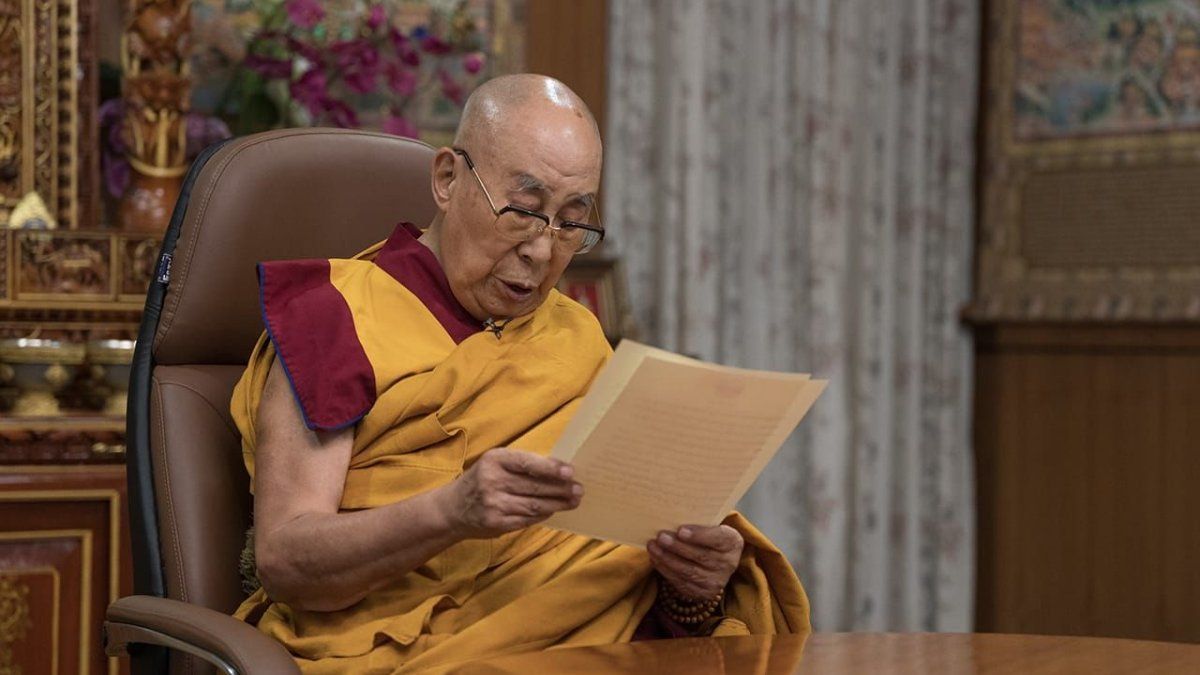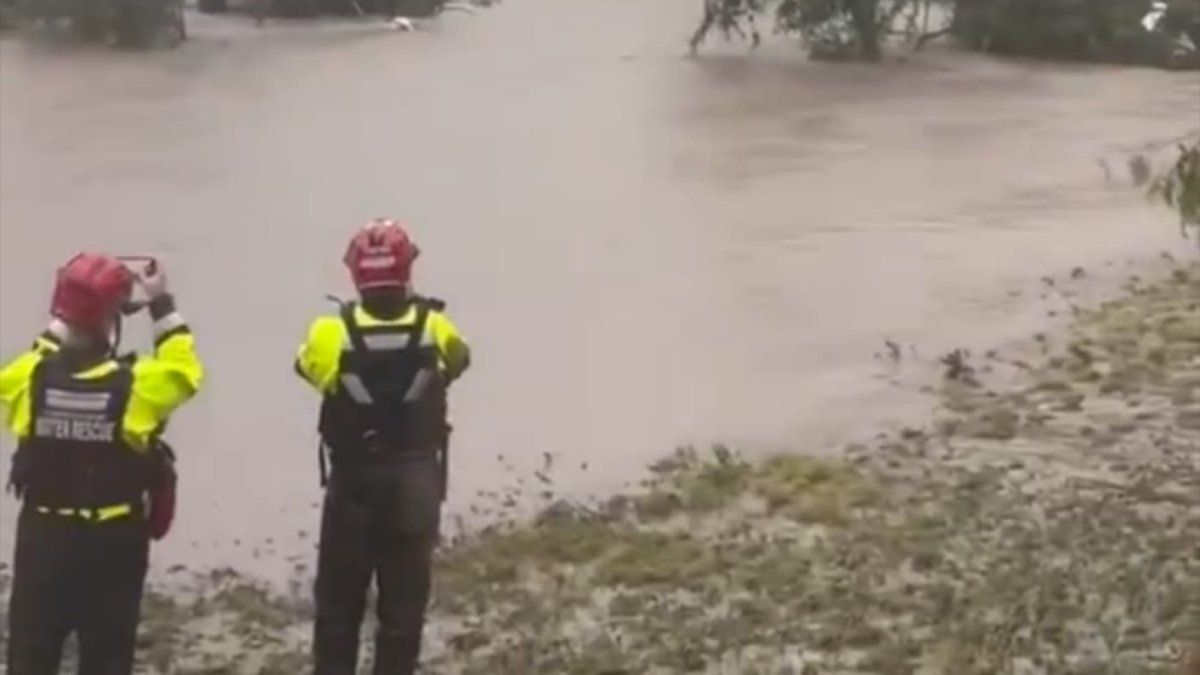New election of the Bundestag
Question of trust lost: turning points in the chancellorship
Copy the current link
The question of trust is a sharp sword in German politics. Three chancellors have already used it to force new elections.
The vote of confidence in the Bundestag is a power political instrument that the Chancellor can use to secure his position or to set a new political course. Chancellors asked the question of confidence a total of five times in the history of the Federal Republic. In three cases it intentionally led to new elections:
Willy Brandt, 1972: Question of confidence for new elections
In September 1972, Willy Brandt asked the first question of trust in the history of the Federal Republic. With the deliberate defeat he wants to force new elections in order to secure support for his Eastern policy. As expected, Brandt lost the vote: out of 482 members entitled to vote, 233 expressed their confidence in Brandt and 248 voted against him. One abstains. In the following federal election, the SPD achieved the best result in its history.
Helmut Kohl, 1982: Strategic defeat for stability
After the coalition break between the FDP and SPD in the fall of 1982, Helmut Kohl became chancellor two months later with a constructive vote of no confidence. In order to force new elections, he deliberately lost the vote of confidence: only eight MPs voted yes on the question, 218 voted no, and 248 abstained. A turning point that ushers in a conservative era in Germany. In the following federal election, the voters confirmed Kohl in office.
Gerhard Schröder, 2005: The end of the red-green era
After poor election results and growing dissatisfaction, Gerhard Schröder asked the vote of confidence in July 2005. He deliberately lost it with 151 yes votes to 296 no votes and 148 abstentions, thus enabling an early federal election. The Union’s victory ends the red-green era and CDU leader Angela Merkel is elected the first female chancellor.
dpa
Source: Stern
I have been working in the news industry for over 6 years, first as a reporter and now as an editor. I have covered politics extensively, and my work has appeared in major newspapers and online news outlets around the world. In addition to my writing, I also contribute regularly to 24 Hours World.




